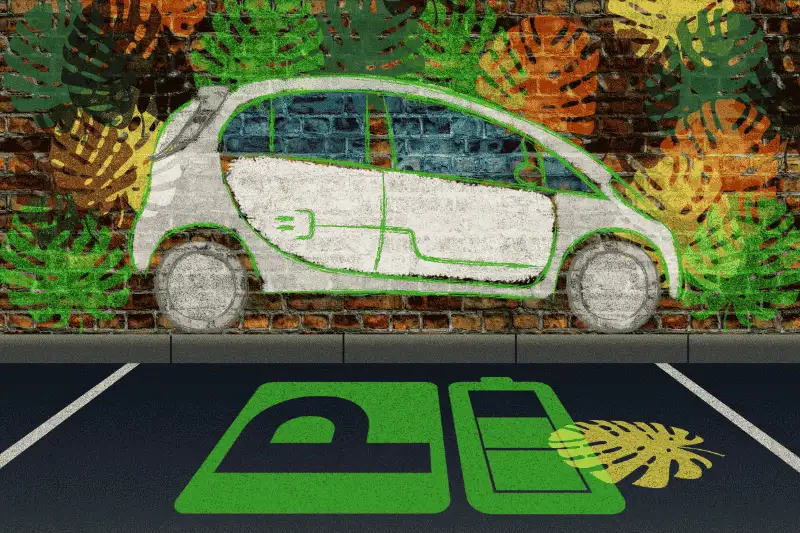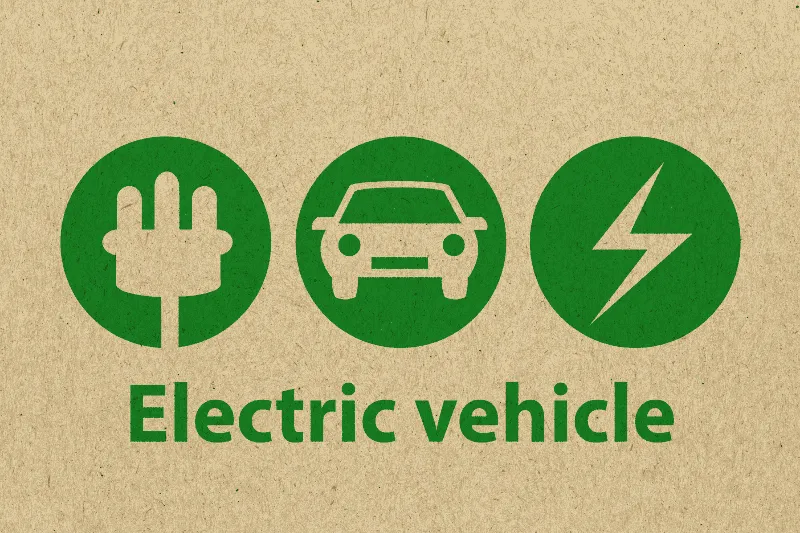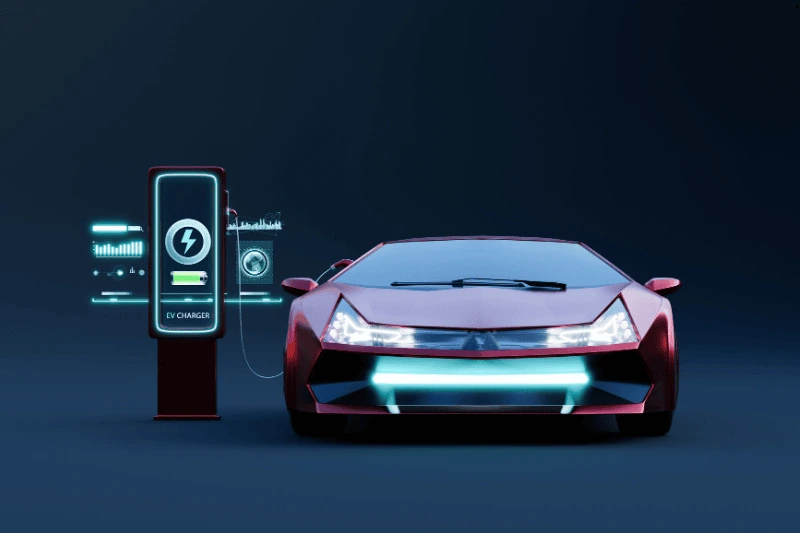Electric vehicles (EVs) are gaining popularity because of their environmental advantages, energy efficiency, and reduced operating costs compared to traditional gasoline cars. A common question among potential EV buyers is, “What does it cost to charge an electric car?” Understanding the cost to charge electric car is crucial for making an informed decision about EV ownership. The answer varies based on several factors, such as the size of the car’s battery, local electricity prices, and the type of charger utilized. Let’s explore the details to help you understand the true cost of charging an EV and why it remains one of the most cost-effective options for drivers.
Battery size and its impact on costs
The size of an electric vehicle’s battery is crucial in determining how much it costs to charge. Battery capacity, which is measured in kilowatt-hours (kWh), indicates the amount of energy the vehicle can store and utilize. Smaller electric vehicles, such as the Nissan Leaf, usually have battery capacities between 30 and 40 kWh. On the other hand, medium-sized electric vehicles like the Tesla Model 3 feature batteries that range from 50 to 75 kWh. High-performance or luxury electric vehicles, such as the Tesla Model X, often come equipped with batteries that exceed 100 kWh. Generally, the larger the battery, the more energy it needs to charge, which directly impacts the overall cost.
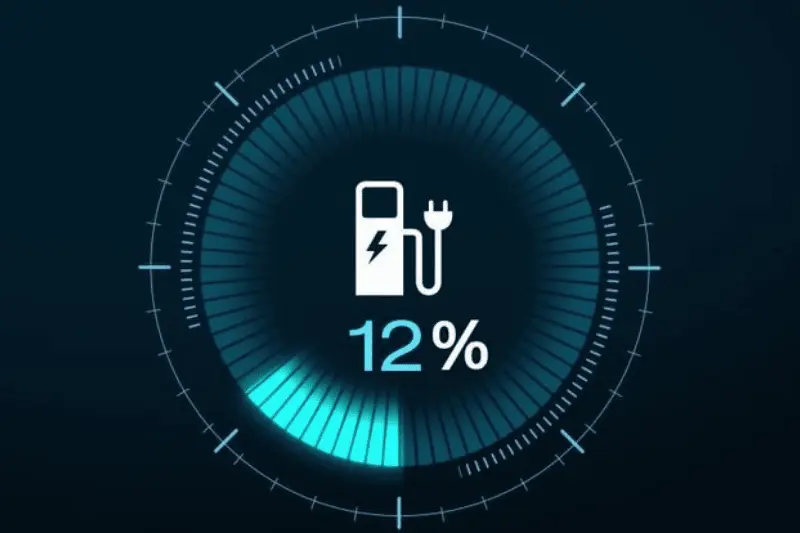
Electricity rates and regional variations
Electricity rates play a significant role in determining the cost of charging an electric vehicle (EV). These rates can vary greatly based on your location. In many areas of the United States, the average cost of electricity falls between $0.10 and $0.15 per kWh. Some regions implement time-of-use rates, which can lower charging costs during off-peak hours, usually at night. Conversely, public charging stations, especially fast chargers, tend to be more expensive, charging anywhere from $0.25 to $0.70 per kWh. This price increase reflects the convenience and speed they offer for travelers or those who lack home charging options.
Charging types and their costs
The type of charger you choose can significantly impact your overall expenses. Typically, home charging is the most cost-effective option, with Level 1 chargers (standard 120-volt outlets) being the slowest yet the cheapest solution. Level 2 chargers, which operate on a 240-volt outlet, offer quicker charging and are commonly installed at home. However, they may require an initial installation fee. In contrast, DC fast chargers, available at many public charging stations, can fully charge a vehicle in a much shorter time but usually come with a higher cost.
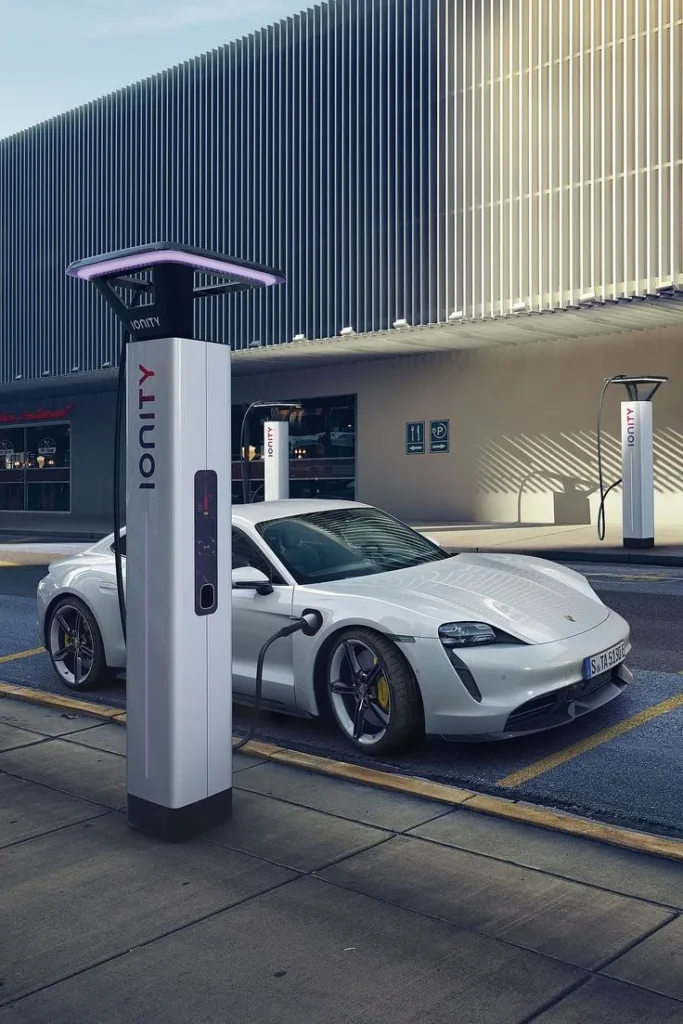

Examples of Charging Costs
To grasp these costs more clearly, let’s look at an example. If you charge a Tesla Model 3 with a 50 kWh battery at home, where the residential electricity rate is $0.15 per kWh, it would cost approximately $7.50 for a complete charge. In contrast, charging the same vehicle at a public fast charger, which charges $0.50 per kWh, would set you back $25. Although public charging is faster and more convenient, the higher expense makes it less suitable for regular use compared to charging at home.
Cost per mile
When you compare electric vehicles (EVs) to gasoline-powered cars, the cost savings become clear. Most EVs typically travel about 3 to 4 miles for every kilowatt-hour (kWh) of electricity. With the average electricity cost at $0.15 per kWh, this means it costs roughly $0.05 per mile to drive an EV. On the other hand, a gasoline vehicle that gets around 25 miles per gallon and has gas priced at $3.50 per gallon will cost about $0.14 per mile. Over time, these savings can really add up, particularly for those who drive a lot each year.
Monthly charging costs
The monthly charging expenses for electric vehicles (EVs) are significantly lower compared to the fuel costs of traditional gas-powered cars. For example, if a driver travels 1,000 miles each month in an EV that gets about 4 miles per kWh, they would consume roughly 250 kWh of electricity. With an electricity rate of $0.15 per kWh, this translates to a monthly charging bill of $37.50. In contrast, a gasoline vehicle with an average fuel efficiency of 25 miles per gallon would incur costs of around $140 per month, based on gas prices of $3.50 per gallon.
EVs vs Gasoline cars
| Aspect | Electric Vehicles (EVs) | Petrol Vehicles |
|---|---|---|
| Cost of Fuel | Home Charging: $0.10-$0.30 per kWh, ~$7.50 for a 50 kWh battery | $1.00-$2.00 per liter ($3.78-$7.56 per gallon) |
| Cost per Mile: $0.03-$0.05 per mile | Cost per Mile: ~$0.13 per mile | |
| Public Charging: $0.25-$0.50 per kWh, ~$20 for a 50 kWh battery | ||
| Maintenance Costs | Lower (fewer moving parts, no oil changes) | Higher (regular oil changes, more parts requiring repair) |
| Upfront Costs | Higher, but often offset by government incentives | Lower initial purchase cost |
| Environmental Impact | No direct emissions, environmentally friendly | Produces CO2 and other emissions |
| Range Per Full Charge/Tank | 200-300 miles per charge (depends on battery capacity) | ~300 miles per tank (depends on MPG and fuel efficiency) |
Tips for reducing charging costs
You can further reduce charging costs by implementing strategies such as charging during off-peak hours, using solar power for home charging, and limiting the use of costly public fast chargers. Additionally, adopting efficient driving habits can help maximize the vehicle’s range, which in turn decreases the need for frequent charging.
A predictable and affordable solution
Charging an EV is not only cheaper but also offers more predictable costs compared to the ever-changing prices of gasoline. Although the initial expenses of owning an EV might involve buying a home charger or dealing with higher vehicle prices, the long-term savings can justify the investment. In addition to the financial advantages, EVs help lower greenhouse gas emissions, making them an attractive option for drivers who care about the environment.
Possibly a sustainable future awaits
As the electric vehicle (EV) market expands and charging infrastructure develops, owning an electric car will become more affordable and convenient. Understanding the factors that affect charging costs can help you decide if an EV is suitable for you and how to make the most of its cost-effectiveness. Charging an electric car not only helps you save money but also contributes to a more sustainable future.



